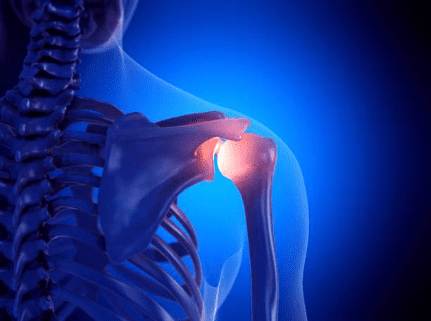
Is this familiar – you reach up and across your body to fasten a seat belt, lift a milk jug from the fridge, or reach into the last seat of the car and experience a pain in the front of your shoulder? Do you face achiness down the side of your upper arm? Does the pain in your shoulder limit what you can do at home and in your daily life? This shoulder pain might mean you have injured or torn your rotator cuff.
If you are also facing the above symptoms, physical therapy can definitely help you decide if you need imaging and make a referral to a doctor or to an imaging facility. If diagnosis results in a rotator cuff tear, physical therapy is generally recommended. The right treatment can make you feel better, keep the injury from getting worse, and help you heal.
What is a Rotator Cuff tear?
The rotator cuff is a group of four muscles that originate on the shoulder blade and attach onto different spots on your upper arm, and its purpose is to help stabilize the shoulder joint itself as you move your arm. When certain tissues in your shoulder become tight or weak, the shoulder joint doesn’t move as smoothly as it used to, and this puts stress on the rotator cuff. This added stress can result in inflammation, irritation, and at times, tears in the rotator cuff.
Rotator Cuff Tear Causes
Tears and other injuries of the rotator cuff can occur from a fall or traumatic event, or it might be age-related wear and tear. When irritation, inflammation, or tears are present, it can be very painful to raise the arm overhead, reach across your body and behind your back, and to lift things. You might feel a sharp pain at the front of your shoulder and achiness down the side of your upper arm – this is pain referred from the rotator cuff issue.
Rotator Cuff Tear Treatment
So, what can a physical therapist do for you? Generally, tears in the rotator cuff will not heal on their own – hence, physical therapy plays an important role in restoring mobility and strength and reducing pain in the shoulder. Your physical therapist will:
Rotator cuff injuries are common and in no way a short train ride to surgery; physical therapy can be tremendously helpful with decreasing pain, improving mobility and strength.
If you are experiencing shoulder pain or have a rotator cuff injury, contact SOS Physio Rehab for an assessment and/or physical therapy evaluation, so you can get your life healthier and more comfortable today!